Requesting a call is the first step toward recovery. Our team is here to help you 24/7.
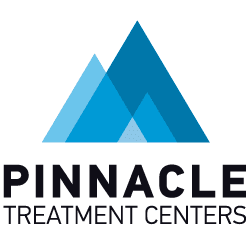
Medical Wellness Center
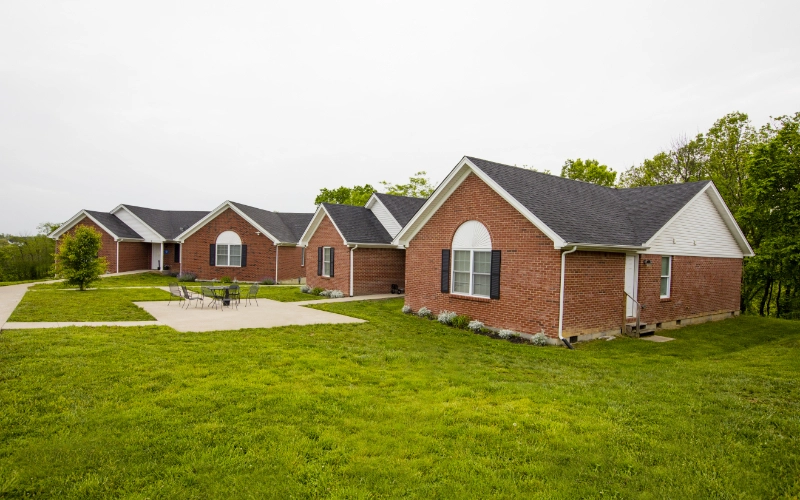
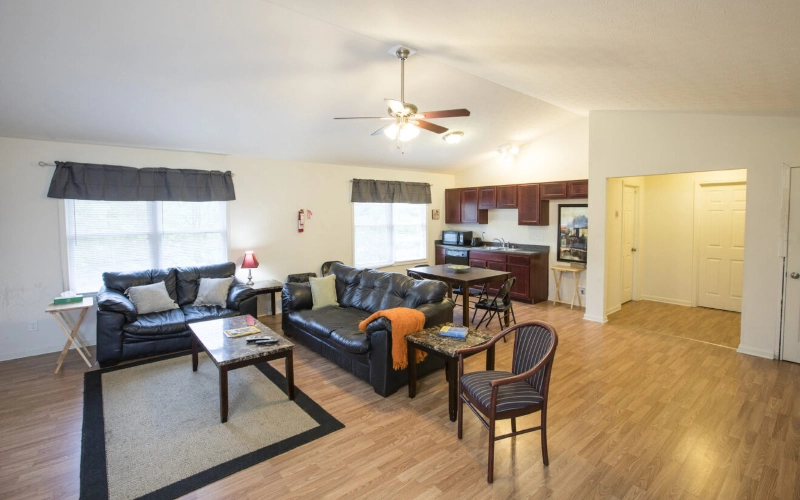
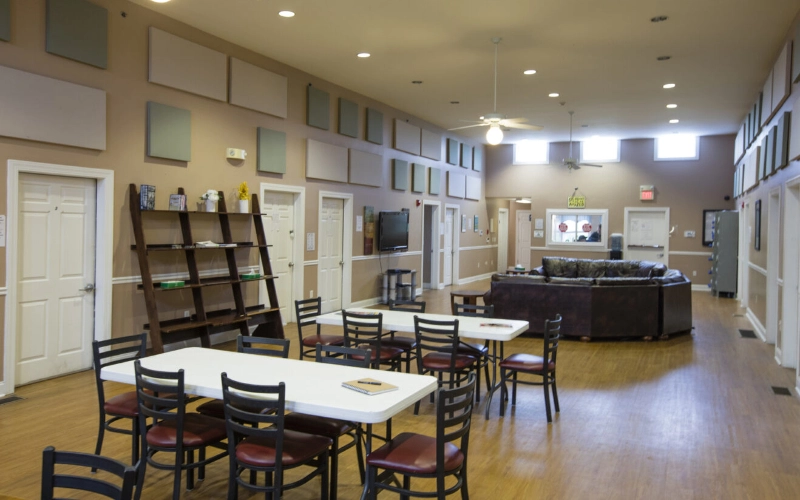
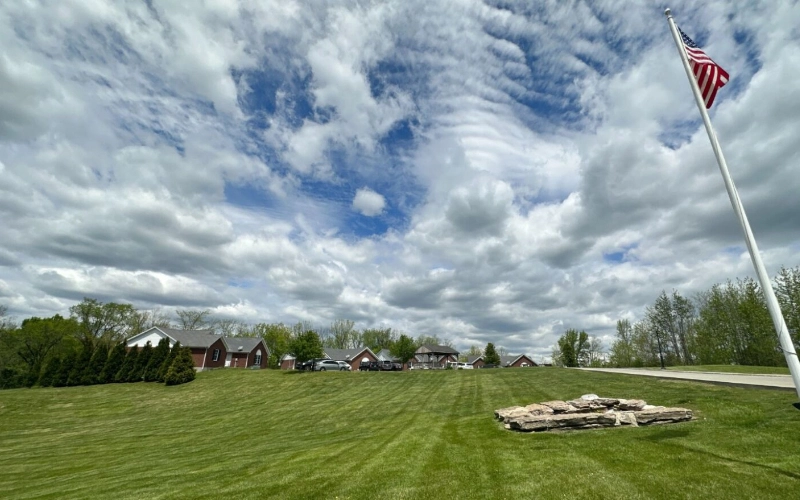
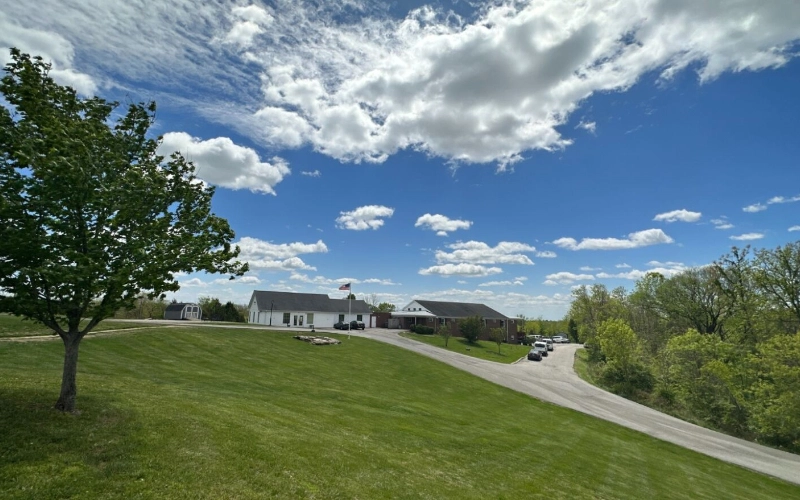
Recovery Works rehabilitation center is located on 10 acres of land in the quiet countryside. In a calm and therapeutic setting, patients can feel at ease during the recovery process with on-site chefs, outdoor sports courts, and gender-specific lodging.
Recovery Works provides one-of-a-kind tailored treatment regimens designed to help restore balance in all aspects of life. Their detox program offers medical assistance during the uncomfortable and often dangerous drug and alcohol detoxification process. Detox can also include medication-assisted treatment (MAT), which uses medications to alleviate withdrawal symptoms. The residential treatment program is their highest level of care, which includes individual, family, or group therapy along with a variety of other treatment approaches. Patients are moved to a lesser level of care once they have met their mutually agreed upon residential goals. The next treatment phase is their partial hospitalization program (PHP). Partial hospitalization programs offer the same level of care as inpatient care while allowing patients to fulfill their obligations at home. An intensive outpatient program (IOP) builds on the foundations established in residential treatment, incorporating the same components while requiring less commitment with fewer hours each week. Recovery Works’ alumni aftercare programs offer peer and community support along with case-management services. Graduates are invited to attend monthly group meetings amongst other alumni at no cost. Their recovery app instantly connects users to their alumni community, giving them access to a recovery support network at all times.
At Recovery Works, various therapy approaches are blended to develop a unique recovery plan for each patient. Evidence-based therapies are used in addition to group support and 1-on-1 trauma-informed therapy. Depending on the individual treatment objectives, recovery plans may include gender-specific groups, trigger identification, relapse prevention, coping strategies, life skills, or mindfulness and meditation practices. Cognitive behavioral therapy (CBT) and dialectical behavior therapy (DBT) are two of the most widely used clinical therapies. Patients can take part in recovery-focused, experiential treatments, including music, art, and recreational therapy. Recovery Works also provides community-based support groups like Medication Assisted Recovery Anonymous (MARA), as well as spiritual and non-12-Step meetings.
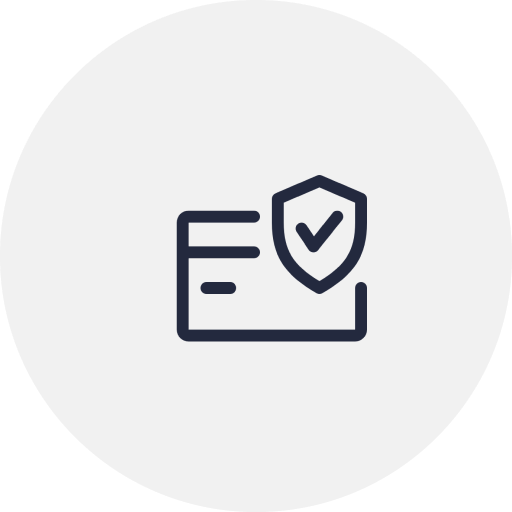
Have Questions? Give Us a Call.